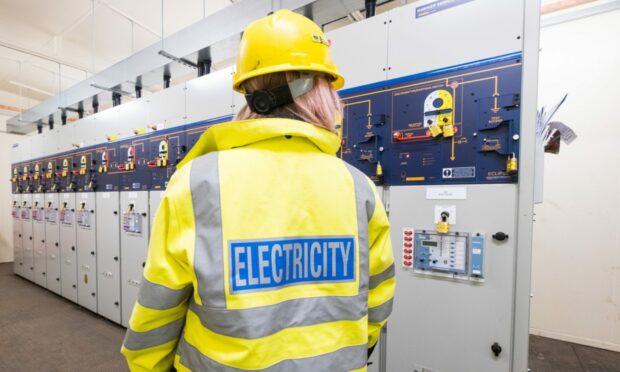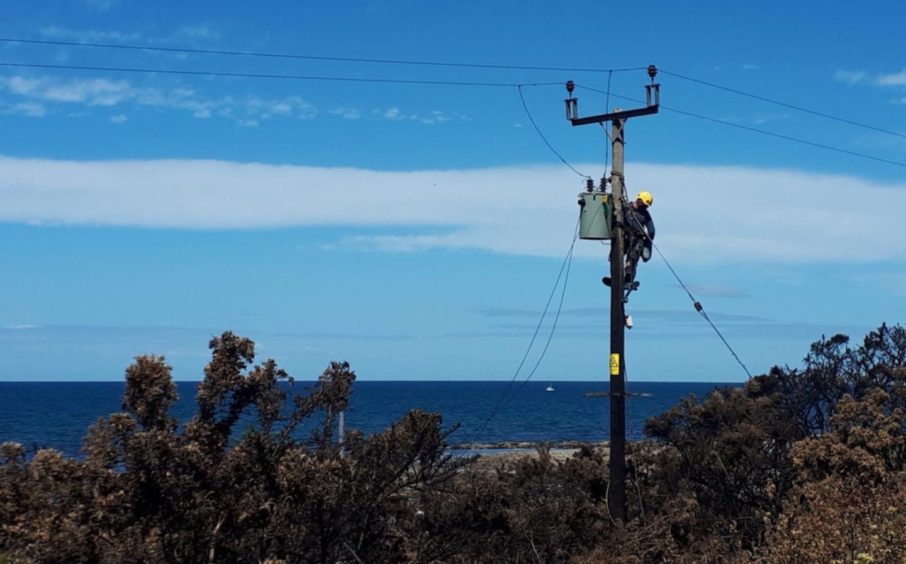SSE’s electricity distribution arm has today announced its intention to invest £4.1 billion to aid Scotland’s transition to net-zero carbon emissions.
Scottish and Southern Electricity Networks (SSEN) Distribution, a wholly-owned subsidiary of Perth-based SSE, said its draft business plan for 2023-2028 balanced the need to accelerate investment in the “smart, flexible electricity system of the future”, while keeping costs down for consumers.
It also responds to “stakeholder and customer feedback” by proposing improvements to services, increased reliability and resilience, the company added.
In addition, SSEN said its plan would deliver “further support for those most vulnerable”, particularly in light of the ongoing social and economic impact of Covid-19.
The draft business plan sets out six “clear goals” that SSEN aims to deliver for customers and communities by 2028:
- Reduce the frequency and duration of unplanned power interruptions by 20%
- Create a foundation for net-zero by investing £1bn in strategic resilience across its networks
- Achieve a customer satisfaction score of 9.2 or more (out of 10) in every customer contact area
- Support 200,000 customers in vulnerable situations with targeted fuel poverty, personal resilience or energy efficiency measures
- Facilitate the connection of an additional 1.3 million electric vehicles (EVs) and 800,000 heat pumps
- Reduce its business carbon footprint by at least 35%
Our ambitious stakeholder-led plan provides the efficient investment today to meet the net-zero challenge, while also keeping bills down for current bill payers.”
Chris Burchell, managing director, SSEN
SSEN said £400 million of the investment total would be allocated to improving service for customers and digitalising systems, and £2.2bn in asset reliability/resilience and “creating a foundation for net-zero”.
The firm also aims to invest more than £1bn in helping accelerate net-zero for communities, including “proactive investment” to deliver an additional two gigawatts of new network capacity.
Managing director Chris Burchell said: “The need to transform our energy system to address the climate emergency has never been clearer and it is critical that local electricity networks are an enabler rather than a constraint as we work toward a shared net-zero goal.
“Our ambitious stakeholder-led plan provides the efficient investment today to meet the net-zero challenge, while also keeping bills down for current bill payers.
“It is essential this is supported by agile regulatory framework that helps deliver a network where customers can switch to EVs and other net-zero technologies with ease at a time they choose.
Proposals to be refined before final submission to Ofgem
“We will continue working with our customers and stakeholders over the coming months to further refine our proposals and help strengthen our plan to power communities to net-zero.”
The draft business plan comes in advance of a final submission to industry regulator Ofgem in December 2021.
Ofgem is expected to provide a draft response in spring 2022, with final determinations in December 2022.


